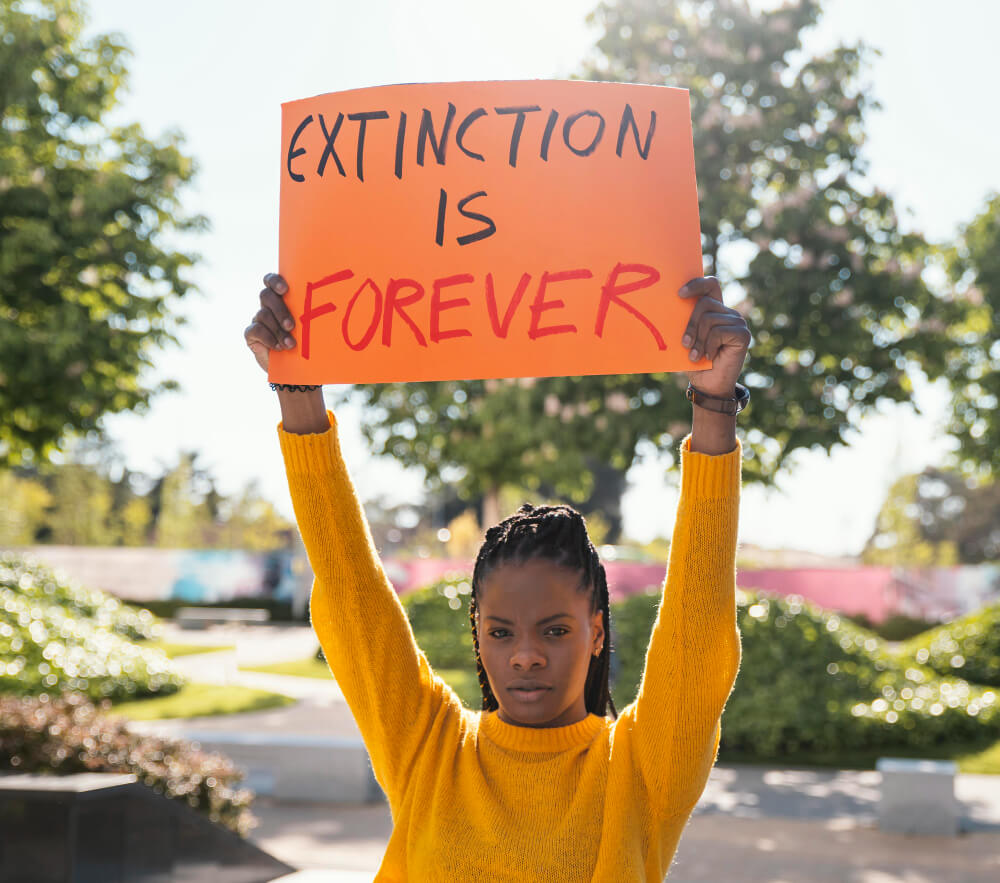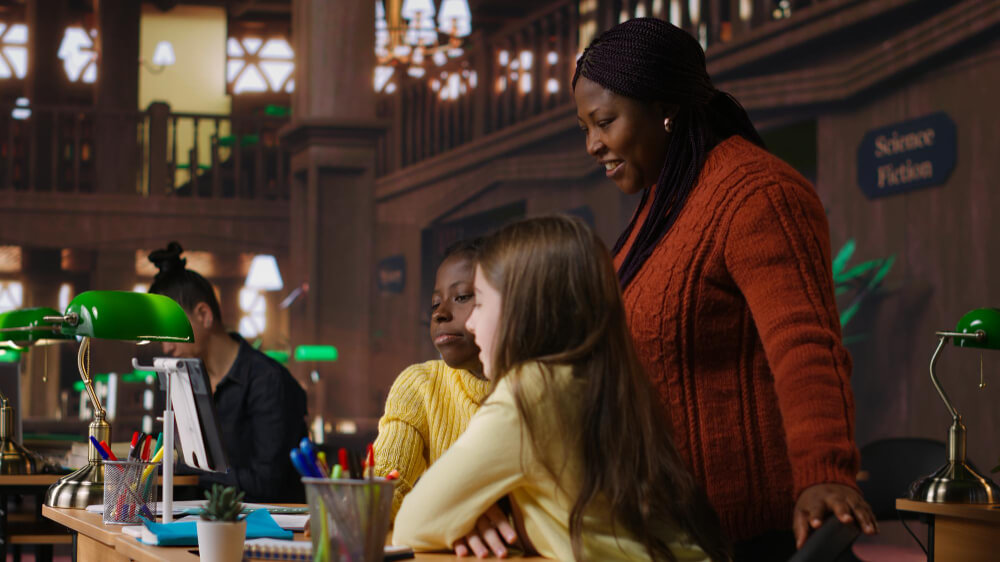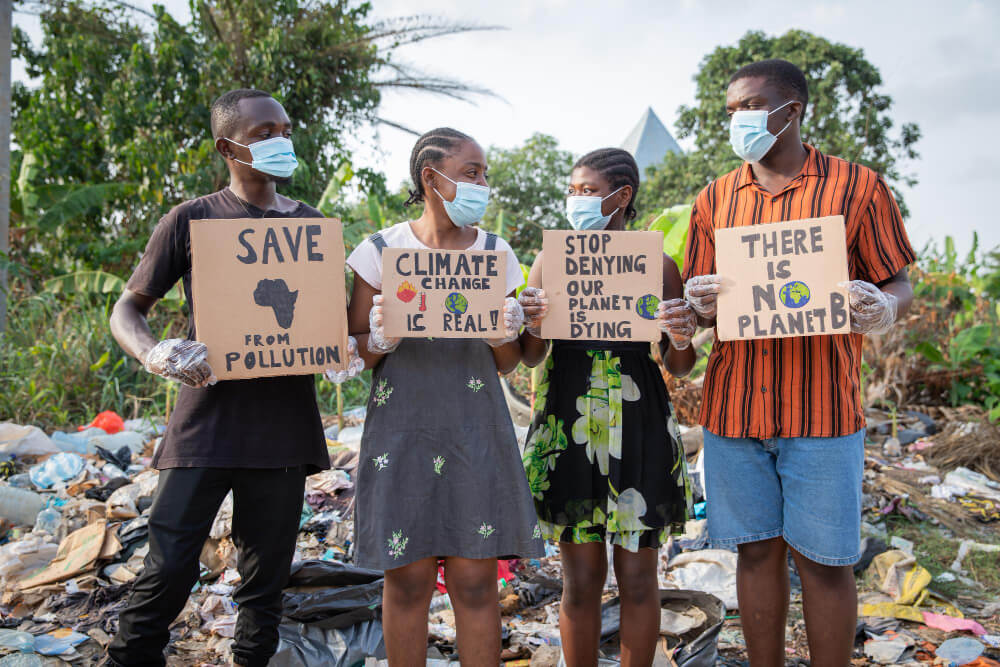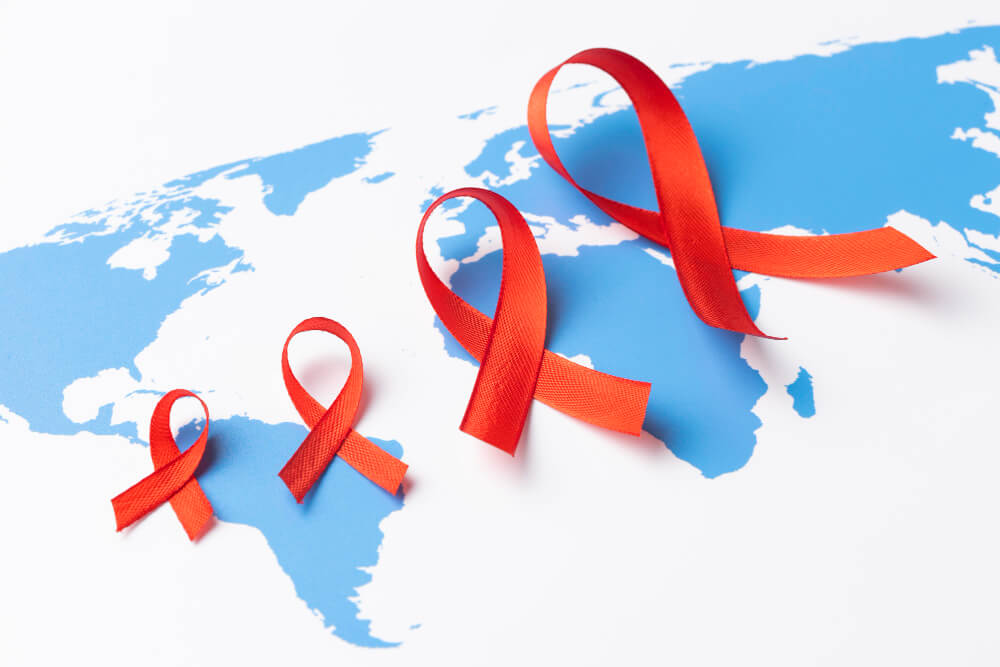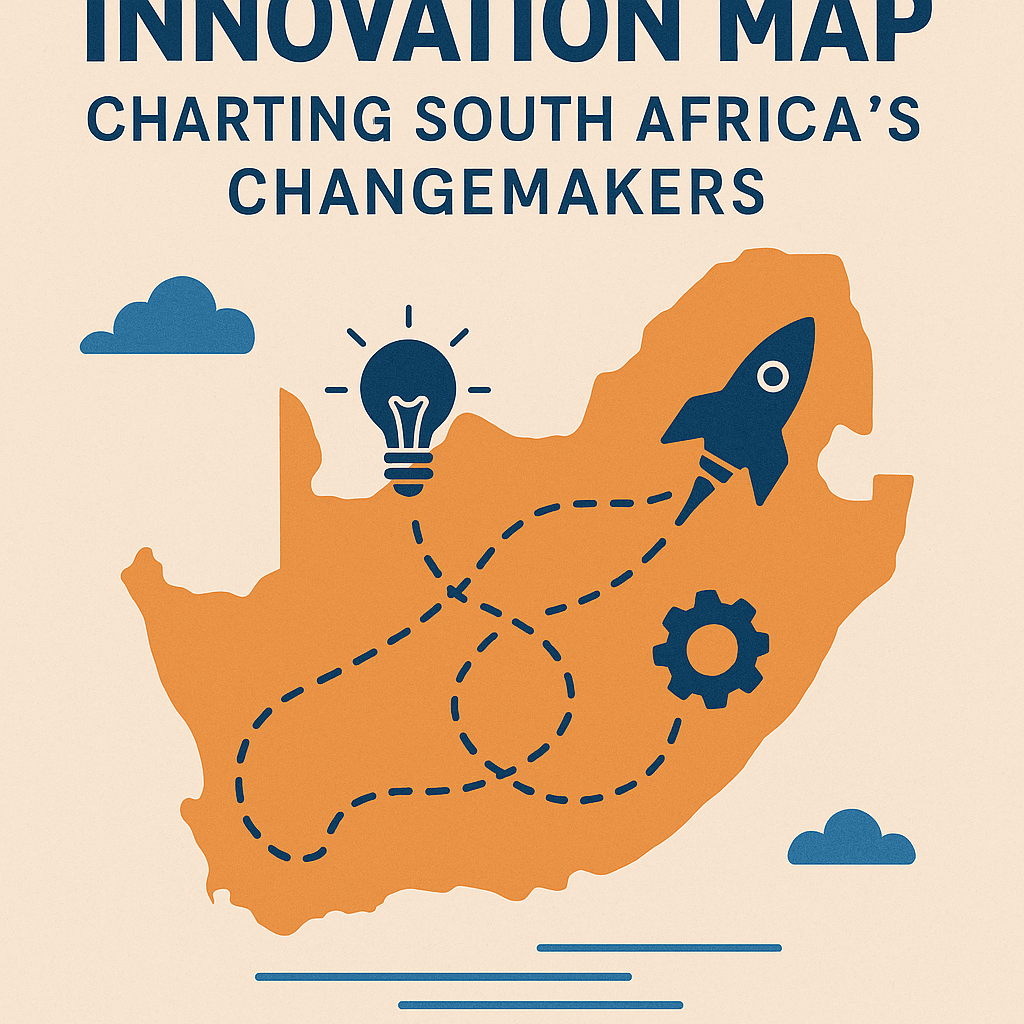You can’t build a house on silence. Not a home, not a nation.
And yet, for too long, South Africa asked too many people to lower their voices—women, LGBTQ+ folk, people with disabilities, migrants, the poor. Now the echoes are loud, and they’re shaking the walls. Good.
The Legacy That Lingers
We inherited a society built on lines—race, class, gender. And while democracy gave us new tools, it didn’t erase old scars. Women still earn less. Queer people still risk violence for holding hands. Disabled people still hear “not today” from schools, transport, and jobs.
We said “Never Again” in ’94. But “never again” means everyone moves forward—not just the lucky few.
Stories Are Fuel
A trans man in Durban shares his top surgery journey on Instagram. A granddad in Limpopo speaks out about his daughter’s abuse. These aren’t just stories—they’re blueprints. They teach, they rally, they heal. South Africa isn’t short on courage. It’s just been waiting for a megaphone.
Who Gets to Feel Safe?
Safety isn’t just not being hurt. It’s being seen—in textbooks, on screens, in law. Safety is a child being able to say, “I’m gay” without ducking. A domestic worker reporting abuse and actually being believed. A township girl walking home with her earbuds in—not clutching keys between her fingers.
If safety isn’t universal, then it’s not really safety. It’s privilege.
Inclusion Makes Rands and Sense
Let’s talk economics. Exclusion costs money. When women drop out of the workforce due to caregiving gaps, we lose billions. When disabled talent is overlooked, innovation takes a hit. When queer folks flee to safer countries, we lose culture, energy, and brainpower.
Inclusion isn’t charity—it’s strategy. The future isn’t built by those who fit the mold. It’s built by those who break it.
What Needs Breaking?
Old laws that ignore modern realities. Schools that act like silence is discipline. Workplaces that think “diversity training” is a PowerPoint and not a plan. Inclusion doesn’t mean throwing a party once a year and calling it progress. It means unlearning bias like it’s a second language.
The Call Is Coming from Inside the House
Change isn’t coming from Parliament speeches. It’s coming from WhatsApp groups, student protests, queer collectives, feminist book clubs, village clinics. From the inside out. From the ground up.
This isn’t a moment. It’s a movement.
